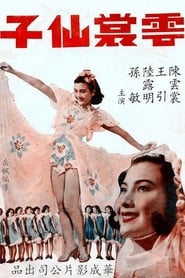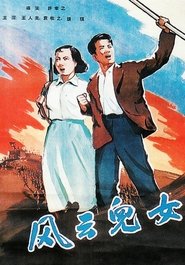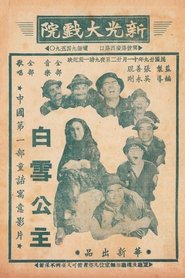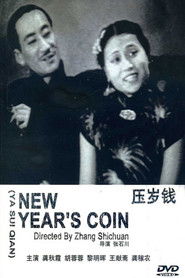detail profile lu luming
Peran Yang Di Mainkan Lu Luming
 This is one of the rare...
This is one of the rare...The Angel 1939
This is one of the rare gems in early Chinese musical films that still exists today. Nancy Chan plays a naïve young woman who can sing and dance. Under the arrangement of her stepfather, she becomes a star and indulges in the glitz and glamour of the entertainment world before getting married to a wealthy heir in Nanyang. Yet her husband is cruel and unfaithful, leading her to divorce and return to her parents in Shanghai. She is set for a comeback to the stage. Her young daughter suffers from a serious illness. A remake of the Bu Wanchang’s silent film The Light of Maternal Instinct (1933), this film takes cues from Hollywood musicals, resulting in an elegant and lively fusion of camera movement and musical numbers. The film also reflects the harsh reality of China in the 1930s and the pathos of popular literature by combining morals, entertainment and social commentary to show that changes in the idea of femininity is a symbol of progress.
 The young poet Xin Baihe flees...
The young poet Xin Baihe flees...Children of Troubled Times 1935
The young poet Xin Baihe flees Shanghai with his friend, Liang. Liang soon joins the resistance against the Japanese invaders, but Xin chooses to pursue a relationship with a glamorous and westernized widow in Qingdao. After hearing that Liang has been killed, Xin has a change of heart and rushes to join the war effort.

 Live action adaptation of Snow White...
Live action adaptation of Snow White... The New Years Gift is the...
The New Years Gift is the...